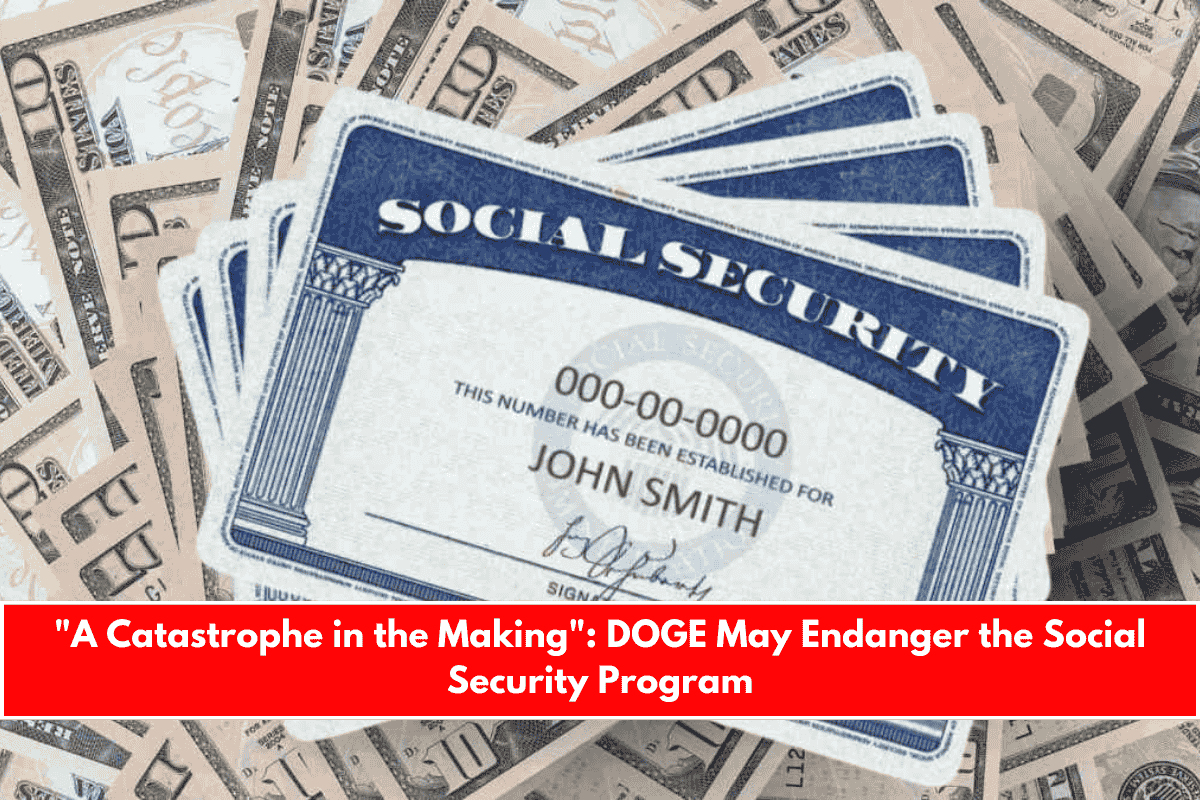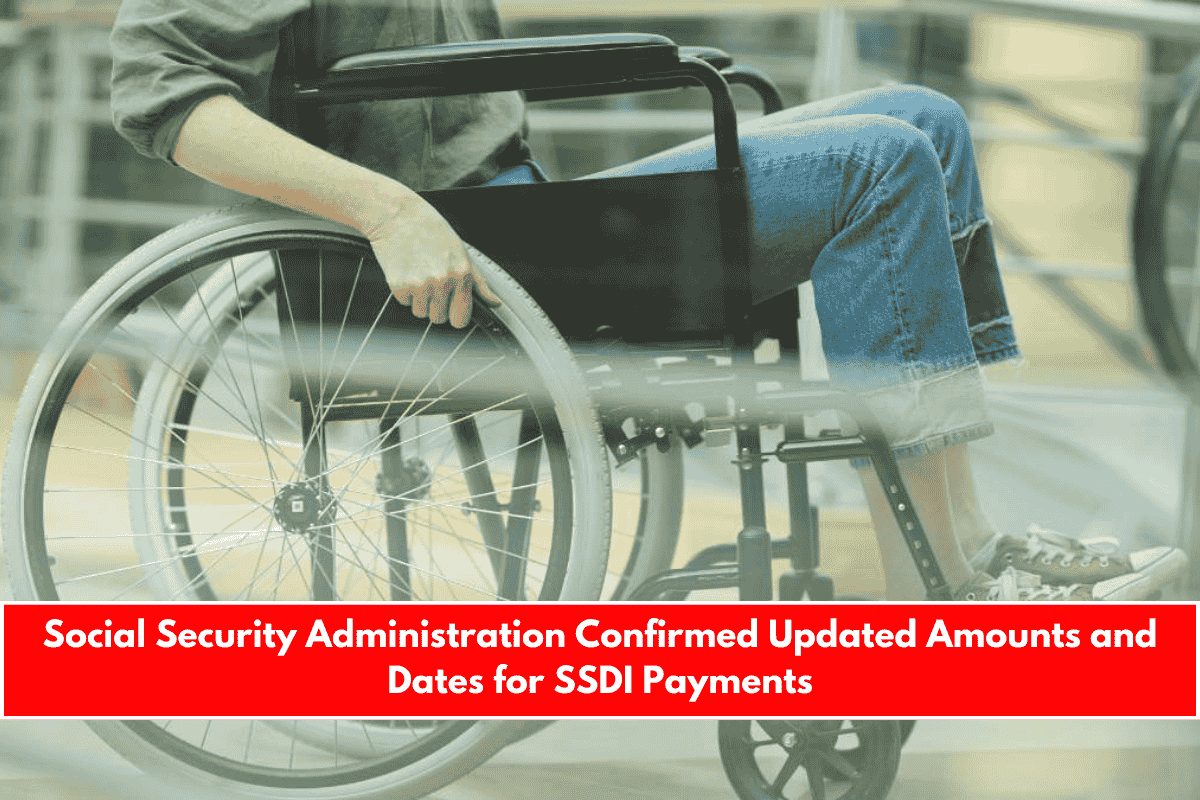Millions of Americans rely on Social Security for their monthly income, especially older adults and people with disabilities. But in 2025, things have become more uncertain. Changes introduced by the Department of Government Efficiency (DOGE), led by Elon Musk, have led to deep concerns about the future of the Social Security Administration (SSA).
Thousands of SSA employees have been laid off, and several regional offices have shut down, affecting how services are delivered. While the goal of DOGE is to reduce government expenses, critics say that these cuts are creating chaos.
DOGE Changes Causing Trouble at the SSA
DOGE, under Elon Musk’s leadership, cut 7,000 jobs and closed 20 regional SSA offices. This has reduced the ability of the SSA to serve the public properly. Many people now wait for weeks to book appointments or get help with basic paperwork.
The SSA’s online platform is also facing repeated breakdowns. People in rural areas who depend on these digital services are having a hard time getting the support they need. “Before, everything was faster and smoother,” said a retiree from Nebraska.
To fight fraud, DOGE also tried to access private data from SSA databases, but this led to a serious privacy issue. Some of the data shared included outdated or incorrect information. A federal judge later blocked DOGE’s access to sensitive records, stating that the department failed to follow proper data protection rules.
Delays in Payments and Appeals
With fewer staff and closed offices, payment delays and problems with benefit appeals are now more common. Some disabled beneficiaries say they are getting confusing or incorrect information about their benefits. “Everything takes twice as long now,” a social worker in Texas explained.
Digital system failures are also making it difficult for users to update personal details or apply for support.
Pressure on Congress to Investigate DOGE
Retiree groups and workers’ unions are now urging Congress to investigate DOGE’s role in the SSA crisis. They want clear answers about why these cuts were made and are demanding that services be fully restored.
“Removing so many workers and closing offices is not just about saving money—it’s risking the safety of millions who depend on Social Security,” said an official who chose to remain anonymous.
SSA Leadership in Crisis
In February 2025, Michelle King, the acting SSA commissioner, resigned after refusing to work with DOGE. Her replacement, Leland Dudek, is now under investigation for allegedly sharing private data without proper permission.
With over 54.4 million retirees relying on Social Security and receiving an average of $1,975 per month, any disruption in payments could have a huge impact, especially for families that depend on multiple income sources.
Former SSA commissioner Martin O’Malley warned that if the cuts continue, we could see payment delays of up to 90 days.
How Much Can You Get from Social Security in 2025?
In 2025, your monthly Social Security benefit depends on when you retire and how much you earned during your working years.
Here’s how the benefits vary:
Retiring Early at 62
You can start collecting Social Security at age 62, but you will get 30% less than if you wait until full retirement age (67). While you get the money sooner, your monthly income will always be lower.
Retiring at Full Retirement Age (67)
If you wait until age 67, you can receive 100% of your benefit. In 2025, that’s up to $4,018 per month. Many people choose this age to balance income and free time. A retired teacher from Florida shared, “I waited until 67 so I wouldn’t have to worry about money each month.”
Delaying Retirement Until 70
For those who delay retirement until age 70, the monthly payment increases by 8% for each year after 67. In 2025, this means a maximum benefit of $5,108 per month—but only if you had high lifetime earnings and contributed for at least 35 years.
A retired tech worker from California said, “I waited until I was 70, and now I get nearly $1,000 more every month. It helps cover my health expenses.”
However, this option is not for everyone. It depends on your health, job availability, and personal situation.















